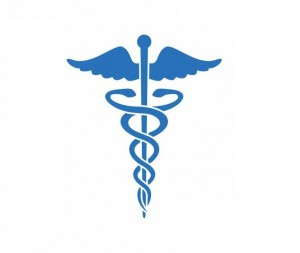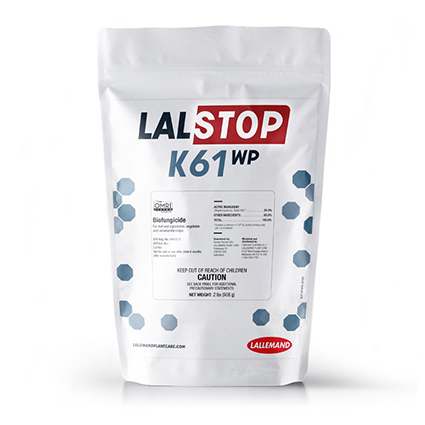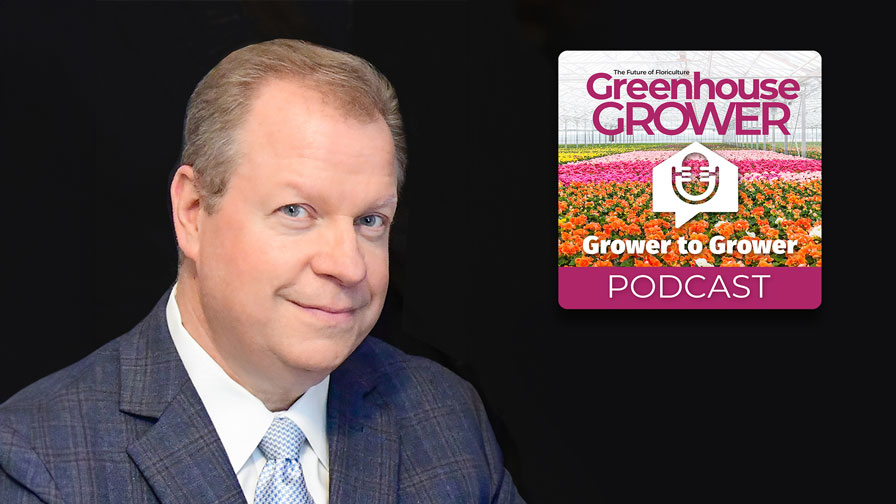Save Money On Health Care Costs
 If you’re like most greenhouse owners, you’re fighting a losing battle against the onrushing tide of rising health care costs — and the battle in Washington over Obamacare is ratcheting up the tension higher than ever. In the meantime, there’s no end in sight; double-digit increases in health care premiums have become the norm.
If you’re like most greenhouse owners, you’re fighting a losing battle against the onrushing tide of rising health care costs — and the battle in Washington over Obamacare is ratcheting up the tension higher than ever. In the meantime, there’s no end in sight; double-digit increases in health care premiums have become the norm.
While this problem isn’t likely to disappear, the changes in Health Savings Account legislation signed into law several years ago offers you the possibility of making a dramatic reduction in the costs for keeping you, your family and/or your employees healthy no matter how the skirmish in Washington turns out.
In their first year on the market, Health Savings Accounts (HSAs) attracted thousands of individuals and business owners eager to escape the runaway costs of health insurance. Now, more than five million people are enrolled in HSAs. William Boyles, publisher of an insurance industry newsletter, predicts that 20 million people will be enrolled within five years.
The 2003 law made Health Savings Accounts permanent and available to individuals, business owners and employees, provided they are not covered by another health plan.
How Do HSAs Work?
Health Savings Accounts are federal programs designed to help individuals save for future qualified medical health expenses on a tax-free basis.
HSAs come in two parts. First you purchase a low-cost, high-deductible health insurance policy available through a growing number of providers including such giants as Aetna, UnitedHealth Group, Blue Cross, Golden Rule Insurance and many others.
In conjunction with the insurance policy, you must open a dedicated savings account into which you make tax-deductible deposits to pay for your medical care. Each year, you may deposit up to the amount of the deductible on your insurance policy. The amount of the maximum deductible varies each year. For 2014, the maximum annual HSA contribution for an individual is $3,300; the maximum for family coverage is $6,550. People older than age 55 are eligible to contribute an additional $1,000 in their health savings account under what is called the “catch-up” rule. The idea is to allow more money for medical care as a person ages.
You then use the money in your account to pay for your medical care. Once your expense reaches the amount of your deductible — if it does — the insurance policy kicks in.
Who Is Eligible For An HSA?
In general, any person who is not covered by another health plan and who is not listed as a dependent of another taxpayer may apply for a Health Savings Account. Consider these examples:
Business owner Mark enrolls himself and his family in a plan with a $6,550 deductible policy. He then deposits a tax-deductible $500 per month in his HSA savings account. That year, his family’s out-of-pocket medical expense, paid from funds in his HSA account, comes to $3,200. Since his total deposits for the year were $6,000, the balance of $2800 rolls over in the account. It compounds tax-free (as long as it is used to pay for qualified medical expenses).
As the money in the account grows, it becomes a resource available to cover the cost of routine or future medical care.
In another example, Tom enrolls in a similar plan with the same deductible. He also deposits $500 per month in his tax-favored HSA account. However, one of Tom’s children had expensive surgery, raising the family’s total medical expense for the year to $15,500. Once Tom’s out-of-pocket reached the family deductible of $6,550, the insurance paid the balance of $8,950. In this case, the HSA protected the family against a catastrophic medical expense.
No Referrals Required
The tax advantages of Health Savings Accounts, along with control over choice of doctors, makes them appealing to small business owners, the self-employed and the uninsured. In addition to the tax incentives, HSAs offer complete control over choice of doctors and eliminate the unpopular referral requirements of some health plans.
“Nearly all of the policies I sell now are HSAs,” says Tom Rogala, Custom Benefit Solutions, Northville, Mich. “All of my plans provide 100 percent coverage after the deductible. I can’t imagine why any business owner or individual would want to go any other route.”
Rogala, an independent health insurance broker, says that many of his clients are small-business owners who need coverage for themselves and would like to make coverage available to their employees at little or no cost to themselves. HSAs make that possible.
“A business owner can sign up for an HSA for himself and make them available to any employee on a voluntary basis,” Rogala says. “That way, the employee deals directly with the provider. The employer is not involved and makes no contribution.”
Employers Can Set Up Group Plans
A business owner with employees can also sign up for a group plan in which the company pays a portion of the cost for each covered employee. The required employer contribution for group plans varies by state. In Michigan, employers are required to contribute a minimum of 25 percent of the cost of the high deductible insurance policy. “That’s still a lot less than it would cost the employer for any other type of plan,” Rogala says.
One of Rogala’s clients is a small business owner who was paying $900 per month for coverage for himself and his family.
“With his HSA, his cost is $250 per month for the high-deductible insurance policy. Plus, he deposits a tax-deductible $295 in his Health Savings Account to pay for medical care as needed. If his costs for the year exceed the amount of his deposits, the insurance kicks in with 100 percent coverage. If his costs are less than his deposits for any year, the balance will roll over, accumulating a kitty to pay for future care.”
Business owner Steve Sclater, Saline, Mich., signed up for an HSA for himself and three employees. “I had been paying about $2,600 a month for health coverage for the four families,” he says. “My new HSA will save me at least 25 percent and we’ll have better coverage than we have now.”
Not Everyone Agrees On HSAs
Of course, not everyone is enthusiastic about Health Savings Accounts. Skeptics argue that the high deductible policies will deter some from buying an HSA plan and others will be reluctant to dip into their HSA savings to pay for medical care with what amounts to their own money.
At a congressional hearing in 2004, Rep. Pete Stark (D-Calif.) said he believed that high-deductible plans simply shift costs to so-called consumers who pay more out of pocket.
Rogala disagrees.
“My files are full of examples of individuals who are thrilled with the savings and the service they’re getting through their HSAs,” he says.
One disadvantage for some prospective enrollees is the reluctance or refusal of some insurance providers to issue policies to people with serious pre-existing medical conditions.
Still, despite the reluctance of some to jump on the HSA bandwagon, there is no denying the rapidly growing popularity of this approach to health care insurance. Employees like the way HSAs give them more choices and more control over their health care. Self-employed individuals and small business owners say they like HSAs because they help to control spiraling health care costs, putting more money on their bottom lines.
As a floriculture business owner, you may well benefit from a comparison between an HSA and your present health insurance for you and/or your employees.
Seek Professional Help
The rules, exceptions and restrictions involving HSAs are relatively complicated, so you should not attempt to set up one without the help of a tax professional.
For more detailed information, log onto this FAQ about HSAs.









